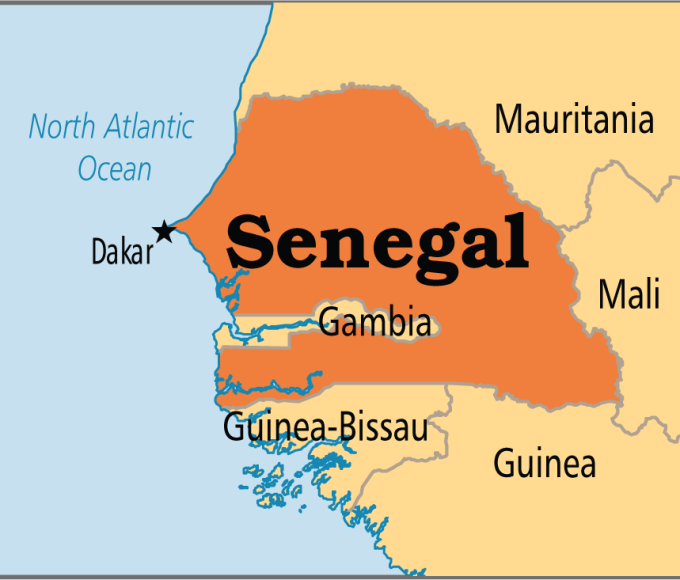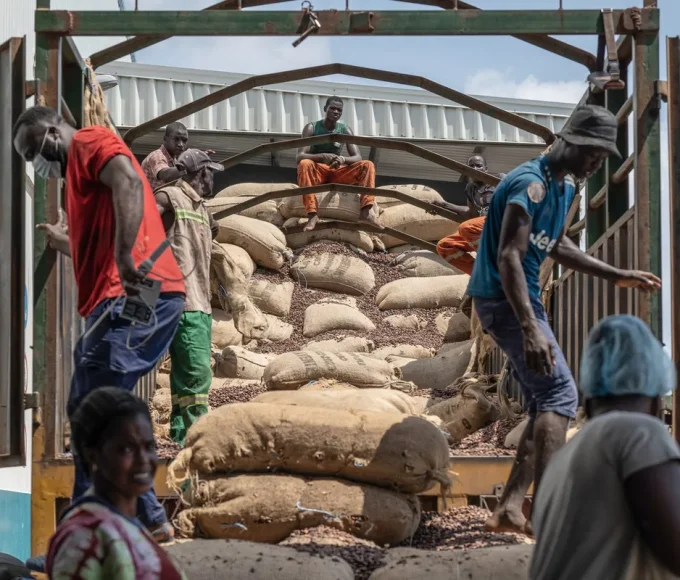
Mali Government Gains Control Over Key Agricultural and Development Bank

Malian government has acquired majority stake of the National Agricultural Development Bank (BNDA), a step to strengthen its economic sovereignty.
Through the purchase of shares previously held by the German Investment and Development Corporation (DEG) and the Cooperative Credit, the state now owns 77.33 per cent of the bank, making it the principal shareholder.
This move is designed to bolster the government’s influence over the BNDA, a critical financial institution for Mali’s agricultural sector.
By assuming a controlling stake, the government aims to reshape the bank’s policies to better serve the needs of Malian farmers, support rural small businesses, and promote financial inclusion.
The acquisition aligns with Mali’s broader agenda to enhance its economic autonomy and take greater control over its resources. Agriculture, a pillar of the country’s economy, stands to benefit significantly as the state directs the BNDA’s efforts towards targeted agricultural financing and development.
However, this transition comes with challenges as Experts stress the need for robust governance mechanisms to ensure the BNDA’s transparent and effective management.
The government will also need to boost the bank’s financial performance while expanding access to credit for farmers and other rural stakeholders. Engaging farmers and agricultural organisations in the bank’s new strategy will be critical to its success.
This move follows Mali’s recent reforms in the mining sector. In 2023, the government adopted a new mining code that guarantees a 35 per cent stake in all mining projects, signalling a firm stance on reclaiming control over its natural resources.
Read Also:
- French Firm Orano Pursues Legal Action Against Niger Over Revoked Mining Licence
- Top 10 West African Songs That Ruled 2024 – WAW Edition
About The Author
%s Comment
Leave a Reply Cancel reply
Related Articles
US Security Narrative Shifts from Terrorism to Mining in Nigeria
A new bill introduced in the United States Congress is drawing attention...
ByWest Africa WeeklyFebruary 12, 2026Galatasaray Ready to Sell Osimhen if Barcelona Meet €80m Valuation
Victor Osimhen could be on the move again as Spanish giants Barcelona...
ByWest Africa WeeklyFebruary 12, 2026Senegal Unveils $100m Onshore Oil and Gas Plan After Revoking Idle Licenses
Senegal is moving ahead with a new $100 million onshore oil and...
ByWest Africa WeeklyFebruary 12, 2026Ghana’s Cocoa Crown Under Threat as Nigeria, Ecuador and Indonesia Close In
Ghana’s position in the global cocoa industry is facing mounting pressure as...
ByWest Africa WeeklyFebruary 12, 2026












Sahel brothers are doing great, we pray for God’s protection and guidance upon them.